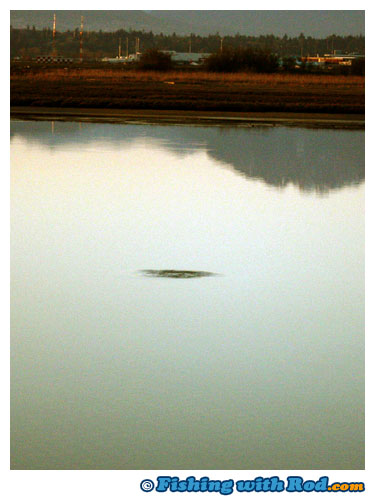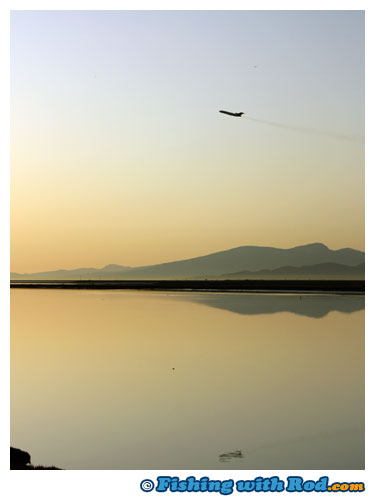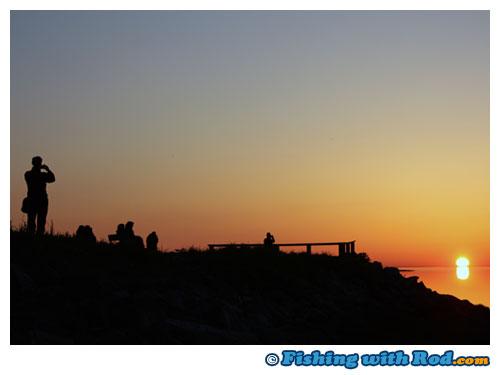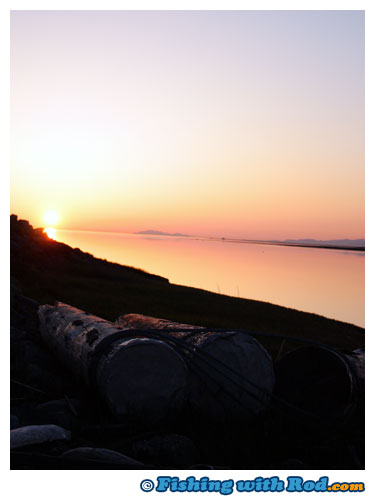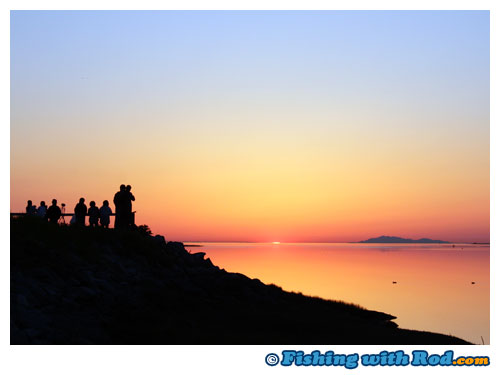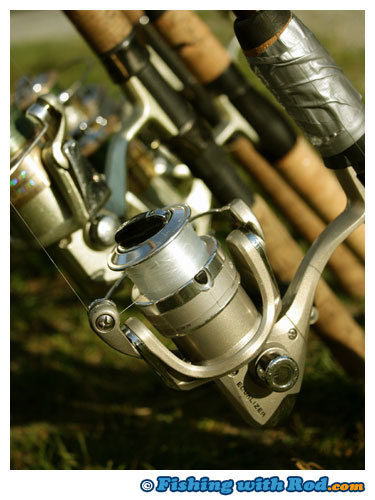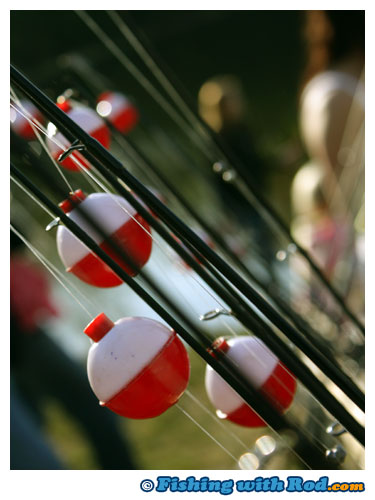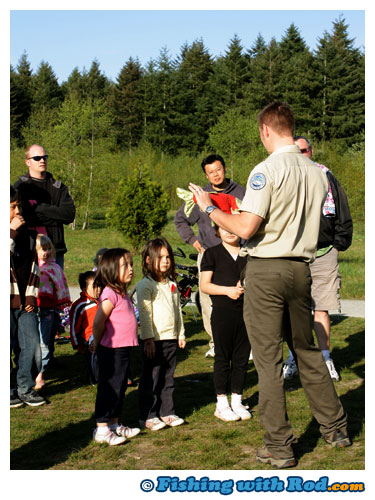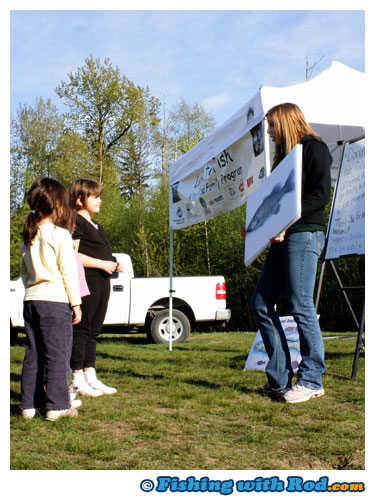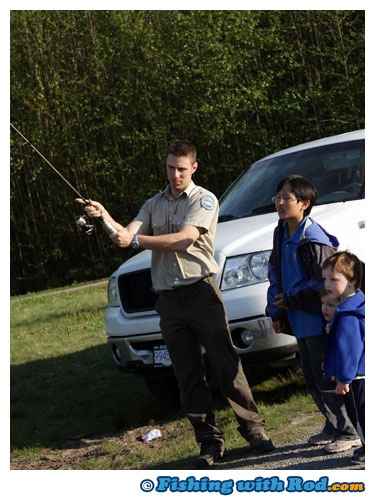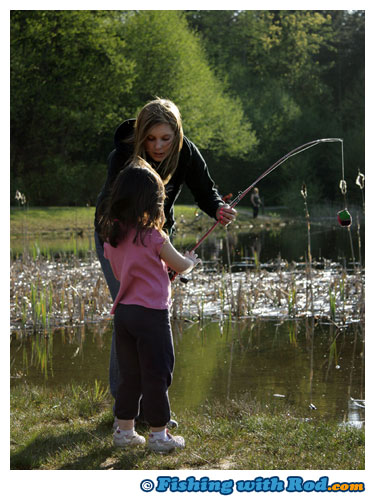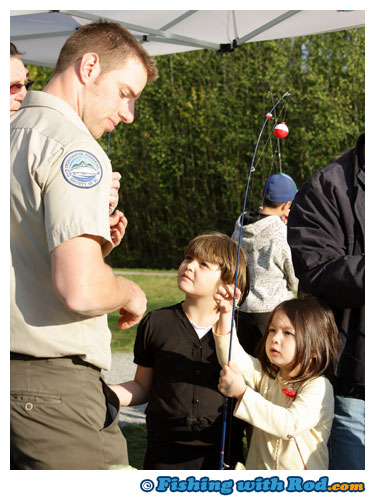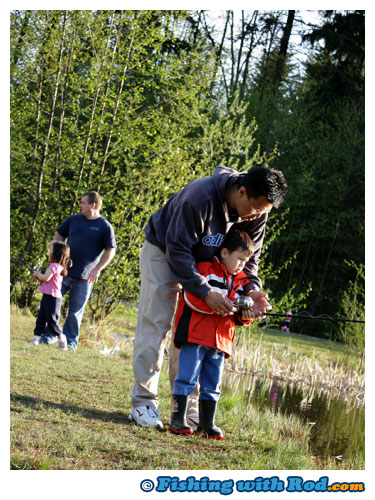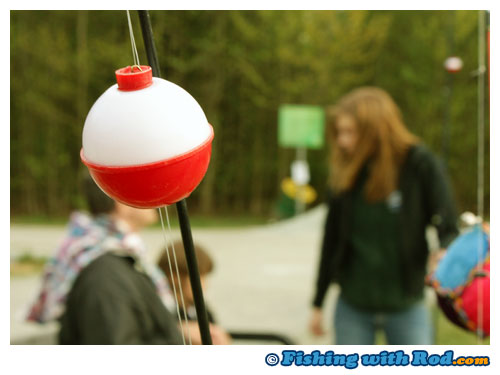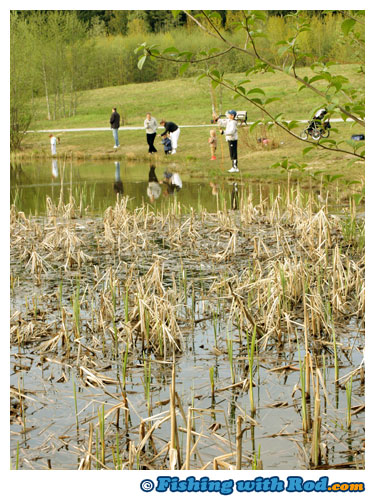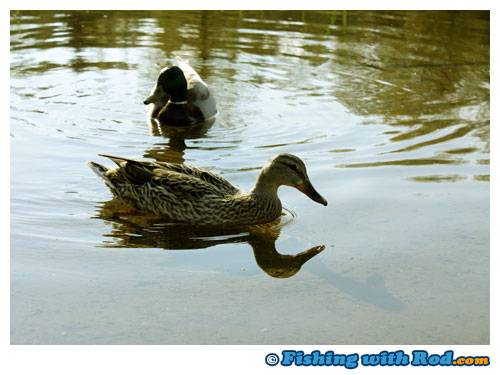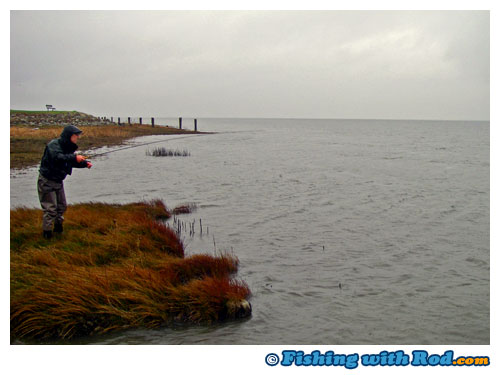So every ten minutes on the radio today, somebody wouldn’t stop saying, “Happy Earth Day!”
What exactly are we celebrating? Rapid depletion of biodiversity? Accumulation of floating garbage in the ocean? Growing demand of fossil fuel? Most earth-related news these days aren’t exactly celebration-worthy.
Earth Day provides an opportunity to share our actions that help Earth and reflect our way of life that could use some adjustment to reduce impacts.
So what have you done in the last couple of years and what do you plan to do, to make this a better place?
Here are some practices that I have maintained, some were started recently while others have been happening for quite awhile now. This is not an attempt to suggest that these are what you should do, but more of an attempt to share, inspire and perhaps hear what others are doing differently to also make a positive difference.
Garbage reduction: My weekly garbage is usually one shopping bag full. Most of the waste comes from the kitchen. Papers, cans, bottles and some plastics are always recycled. I’ve put a cat beside the bag for comparison in size.
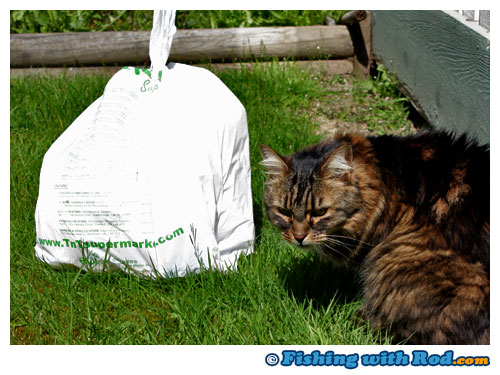
Buying products that have minimal amount of packaging also helps and the products tend to be better as they are either raw or only processed slightly. I also bring a cloth bag to shop whenever I remember. When I started using one two years ago, I always forgot about it but it becomes quite easy after doing it for so long. The same practice has been going on in other parts of the world where plastic bags cost money at the supermarket so most people just bring their own bags.

Electricity saving: Lights are always turned off whenever not being used. The cable modem, computers, microwave, VCR, DVD player, TV and any other appliances that require a remote control are unplugged before going to bed or whenever not being used. The heater is kept at 15C or lower in the winter, it’s an excellent way to kick the house guests out without saying anything.
Gasoline usage: I’ve cut my gasoline usage to about $30 or less per week. This is possible partly because I work at home, but also has a lot to do with better planning before a trip, not hopping in a car whenever I desire to and using alternatives, ie. walking and biking, to close destinations such as the post office.
When it comes to fishing, there are also little things that I prefer doing to reduce impact.
When retaining fish, I prefer to have a cooler filled with ice for my catches. Not only it keeps the fish fresh, I do not end up wasting a plastic bag. A small cooler is used for trout and kokanee while fishing on a boat, or a big cooler kept in the car during the fall salmon or winter steelhead season.
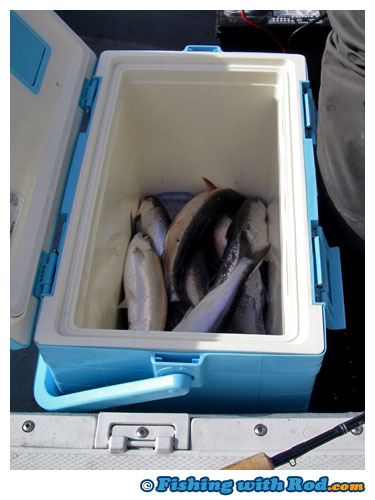
Fishing line and lead are probably the most hazardous items left behind in the water by fishermen. I try to minimize that when fishing. Used line always goes into the pocket and disposed at home.
What do you do with your empty plastic spools after you use up all the fishing line on them? To prevent having these cluttering up in the house, I prefer to take my reel into the store for spooling. Quite often I would also bring my empty plastic spools in so they can be spooled. Most stores would be happy to do it for you.
Other more obvious practices that many anglers already do include conserving your catches. While most daily quotas of species in BC are already quite generous, I tend to practice moderation when retaining fish. Keeping enough fish in the freezer that can be finished within a reasonable period is the personal rule. Having fresh fish rarely is more desirable than having old fish often.
All these actions are primarily intended for helping the environment but overtime they do benefit personally by keeping more money in the pocket. Environmentally sounding practices aren’t always costly, which has been the common belief. It in fact saves money, but just consumes more time and energy, which isn’t always so appealing to us in today’s fast paced life.
Let’s hear your ideas!
